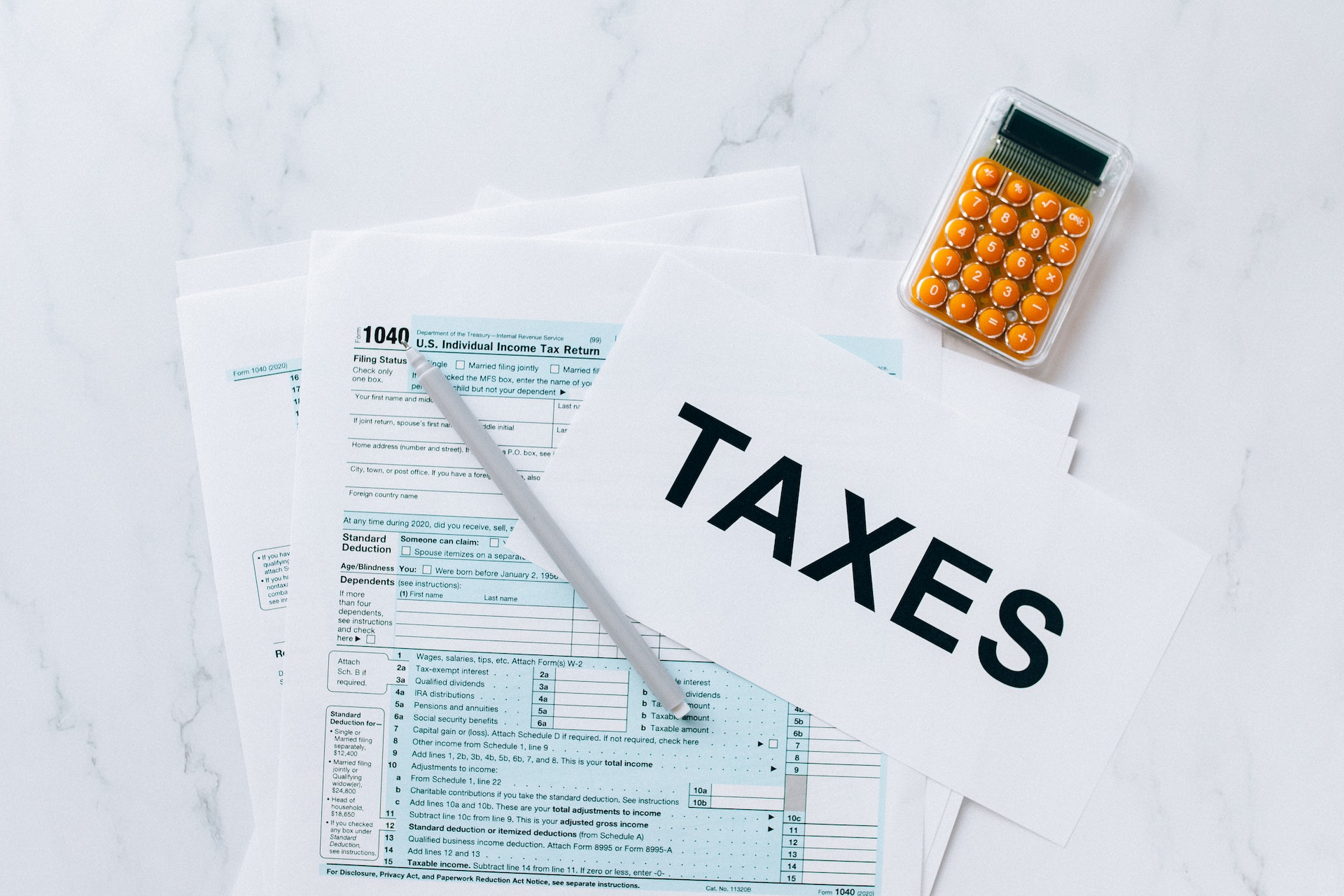
Individuals Can Get Tax Help From Tax Practitioners
Individuals needing tax advice can turn to the IRS website, which contains a wealth of resources. Some organizations are also available to help individuals with their finances. For instance, the American Institute of Certified Public Accountants (AICPA) provides enforceable tax practice standards. Members of the AICPA are obligated to follow these standards in giving tax advice to the public. In addition, the statements address fees and representation of members.
Standards for tax preparers
Tax help for individuals Woodbridge, Va among other things, must provide taxpayers with an accurate, point-by-point oral explanation of their tax returns. The preparer also must provide a contact phone number. If a taxpayer has a problem with the prepared tax return, they can call the preparer directly.
There are several levels of professional status. Some preparers can be non-signing, meaning they will not sign your return but will prepare a substantial portion of it. This includes advice that will result in an entry or position on the return. It does not mean that the preparer should be able to perform all the work.
New standards for tax preparers are also necessary to ensure that taxpayers get competent and ethical service. These new guidelines are outlined in Circular 230, the IRS’s new tax preparation code, which covers all types of tax preparers, including attorneys, CPAs, and enrolled agents. In addition to these new requirements, preparers must register with the IRS and undergo ongoing continuing education.
Limitations on representation by tax preparers
The IRS has recently issued revised guidance on the limits on the representation of tax preparers for individuals. This guidance addresses several important issues, including whether an individual can be forced to disclose an error to the IRS. If a client refuses to file an amended return, the preparer must confront several issues that could lead to their withdrawal from representation.
While a registered tax return preparer may represent a taxpayer before the IRS, they cannot represent a client who did not prepare the return or is not represented by an attorney. In addition, tax professionals cannot represent clients in collections or appeals.
For example, if a tax preparer is found to have understated a tax return, that individual may be held liable for any monetary consequences. Understatements are considered “willful or reckless” acts and can incur a maximum penalty of five thousand dollars per return. However, in cases where the error is an honest mistake, the preparer may still be able to prepare the return.
Fees charged by tax preparers
Fees charged by tax preparers for individual tax returns can vary widely, depending on the state and region where you live. The fee structure you choose should consider the cost of the services you offer and a reasonable profit margin. It is essential to avoid charging more than the market can bear.
Some tax professionals will charge a flat fee, while oothers willcharge an hourly rate based on the complexity of the client’s tax situation. Ask your tax preparer about this before signing on the dotted line. Some tax professionals will provide a fixed fee and estimate the time required to file each form. You should also ask if there will be any extra costs if your tax situation is more complex.
Tax preparer fees also depend on your state’s income tax laws. Some states do not charge income taxes, and you may have to pay more to file your tax returns in those states.


